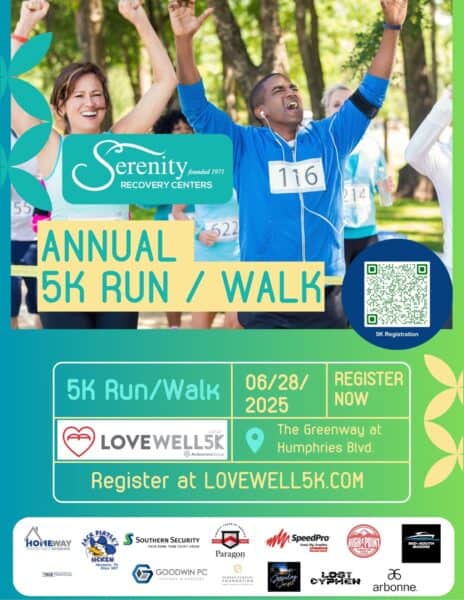Isolation and addiction go hand in hand. In the early stages of addiction, many use alcohol or drugs in social settings to feel less alone and more connected. As the use becomes more repetitive and progresses, the brain chemistry shifts in a way that produces obsessive thoughts and compulsive actions. Substance abuse eventually becomes the organizing priority in an addict’s life. Life increasingly revolves around the activities of seeking means to use alcohol or drugs. The addict’s world shrinks and becomes more isolated. As a result, one of the primary antidotes for addiction is meaningful connection with others. But in the age of Covid-19 and social distancing, it’s not always so easy to connect when you need it most.
Covid-19 Impact
Think of all the 12-step and other mutual-aid recovery programs. They all provide communities based on shared lived experiences, common goals, and mentorship. They have helped more people achieve and sustain recovery from active addiction than any other method. Yet, across the country and around the world, in-person meetings have been suspended in order to comply with social distancing recommendations.What People are Experiencing
Many in recovery are experiencing a significant loss of the social support and connection that is a crucial part of their recovery process. Because of quarantine and social distancing requirements, the availability of in-person 12-step and other recovery support meetings, socializing with peers in recovery, and face-to-face meetings with sponsors/recovery mentors evaporated almost overnight. Individuals in recovery need access to alternative means of recovery support.
Enhancing Connection
Video chat interfaces such as Zoom, FaceTime, and Skype are allowing people to gather together (digitally), see and hear one another, and engage in conversation. Video chat creates a much high level of connection compared to phone or texting. Although forms of caring touch often shared in-person recovery meetings like shaking hands and hugging are unavailable online, these forms still provide an emotionally safe space where individuals have the ability to share about experiences, including how they’re coping with addiction recovery during Covid-19.Social Distancing Doesn’t Have to Mean Social Isolation
The uncertain times around COVID-19 require a balancing act for people in addiction recovery. Many of the safety protocols put in place are important to follow, and at the same time, concerns about social isolation are legitimate. Isolation and the sense of boredom that come with it can be a trigger to relapse. It’s critical to keep in mind that social distancing may be necessary, but it does not have to mean isolation. Social isolation can be mitigated by just picking up the phone and making a call. Take advantage of all the virtual ways to connect.Online 12-Step and Mutual-Aid Recovery Resources
Alcoholics Anonymous has a web page devoted to online options, including Zoom and Google Hangouts.
Online 12-Step and Mutual-Aid Recovery Resources
Narcotics Anonymous World Services has a webpage with listings for virtual meetings all over the world.
Are you or a loved one struggling with alcohol or other drugs? Call us to speak confidentially with a recovery expert now: (901) 521-1131 or visit our website serenityrecovery.org
